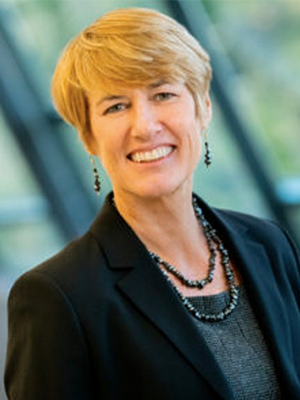Summer is a great time for me to read and think about topics I’m passionate about. In the post, I share thoughts about the Beaver mission and mindset as it relates to the current state of education in this nation.
Beaver remains committed to asking the big questions and evolving what education should look like today, so our students are ready for tomorrow.

We take that responsibility very seriously, recognizing that our privilege as an independent school—with a passionate community behind us—positions us to be a leader in pursuing this work. Crucial to this is a pedagogical philosophy that meets and supports students where they are now, and where they are going. Beaver looks at the real world for information and inspiration, and so should other schools.
The education system in the United States is broken and there is increased momentum for changing the paradigm amongst many educators. This needs to happen quickly so that more students don’t suffer through the same stale education of the past.
Having experienced one year at Beaver, I can say with confidence the urgent call to action emerging in the wake of Covid is not a surprise to our faculty and staff. We have seen for years the failures related to focusing on high-stakes testing and an emphasis on tasks that can now be done better by artificial intelligence. Our mission of expanding the nature of the school and our focus on the New Basics creates a framework that supports the ongoing growth and development of curriculum and programming.
A couple of examples of what I’m reading this summer
- While there are plenty of journals teeming with articles on the topic of re-imaging school, this summer I’ve enjoyed reading the work of Will Richardson and Homa Tavangar, Co-Founders of Big Questions Institute. These two impassioned and experienced educators are constructing road maps to inspire others to rethink how school is done.
- My Leadership Team and I all read Upstream: The Quest to Solve Problems Before They Happen. The author, Dan Heath, is a Senior Fellow at Duke University’s CASE Center, which supports entrepreneurs fighting for social good. In the book, Heath talks about how we should replace downstream thinking and reactionary problem-solving with an “upstream” mindset of seeing and preventing problems. Examples of this kind of thinking can be seen in work our students are doing with the Hiatt Center, in the R+D Center, in BVR-x courses, through Student-Directed Projects, and in our diversity, equity, inclusion, and social justice work. I am looking forward to the conversations I will continue to have with my leadership team—and others who read Heath’s book—about how embedding the Beaver mindset into our school culture resonates with the approach Heath described.
I look forward to posting more and sharing more on the blog throughout this year! For now, enjoy the rest of the summer, remember to check the Back to School page, and I’ll see you in September.